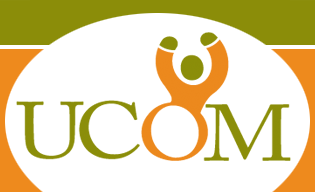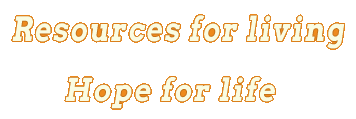Thoughts on Toxic Charity by Robert Lupton: Part 3
April 28th, 2014
Part 3 in a 4 part series
The devil's in the details
In my past couple of blogs I wrote about 10 principles of Lupton’s book Toxic Charity with which I agree. Now to the areas where I think Robert Lupton may go too far.
Broad declarations
Toxic Charity makes some statements that are too broad. These make great sound bites, but miss the nuances of real people.
- “Relationships based on need do not reduce need.” Nearly all the relationships UCOM has developed through the years were based on need. Someone needed food, clothing, diapers, employment, or educational support. They turned to us to help them meet that need, and were also met with welcome, concern, listening ears and options for resources that had the potential to help them move into a better financial position.
- “A tsunami is a crisis; food insecurity is chronic, not an emergency.” This depends on whose plate is empty. If it is my children or me, it is a crisis. If I have come once for food help and have to come again, I am not necessarily dependent, just in need again. Consistency fosters trust. If we are present for people in need once or twice, but no more, we do not build relationships of trust.
- Here is one of the broadest and most quoted lists in Toxic Charity.
- “Give once and you elicit appreciation;
- give twice and you create anticipation
- give three times and you create expectation
- give four times and it becomes entitlement
- give five times and you establish dependency.”
We have attached some bad connotations to words like “entitlement” and “dependency”; but these were originally words that were good. “Entitlement” originally meant “eligibility” and people were supposed to be able to “depend” on each other. “Appreciation” also has good and bad connotations. When we cross people off our lists because they don’t appreciate all we’ve done for them, we are giving for ourselves, not for others. Everyone has the right to satisfy basic human needs and it is my responsibility to try to provide those for every other human being, whether they “appreciate” it or not.
You get the idea. What I am looking for is balance between helping people and “enabling” them to make bad choices while I minimize the consequences. As Theresa Bileth commented on the first installment in this series, “I believe it is possible to meet people's needs while engaging in trusting relationships.” Give me both-and rather than either-or every time.
What do you think?





Comments
No one has commented yet, you could be the first!
Leave a Comment